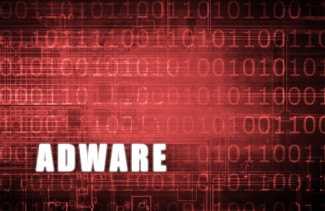Reed Elsevier is dismissed from suit claiming malware rerouted law firm website visitors

Image from Shutterstock.
Legal publisher Reed Elsevier has been dismissed as a defendant from a suit by two law firms that claimed their website visitors were routed to a law firm referral service as a result of plug-ins secretly placed on consumers’ computers.
Chief U.S. District Judge James Payne of the Eastern District of Oklahoma ruled (PDF) for Reed Elsevier on Monday, saying there was no Lanham Act violation in a pop-up ad that doesn’t use the plaintiff law firms’ service marks. Payne also said the plaintiffs had failed to allege that Reed Elsevier was responsible for the pop-up ads.
The plaintiffs were the law firm Allen & Wiser in Oklahoma and the Blount Law Firm in Tennessee. They alleged that IMS Solutions, a company that uses the Internet to generate leads for law firms, used a hidden browser plug-in that causes a pop-up window to appear when consumers visit the law firms’ websites. The suit said the “malware” or “adware” plug-ins were placed on consumers’ computers by advertising of affiliates, which weren’t identified in the complaint.
Consumers who click on the pop-up window are directed to another pop-up window asking about the legal services sought. According to the suit, consumers who complete the questionnaire and click on “speak to lawyers” are routed to Reed Elsevier, which calls the consumers and sends an email referring them to IMS, which directs them to client law firms.
Payne said the plaintiffs’ Lanham Act claim against Reed Elsevier fails because there was no allegation that the company used any words, names or symbols of the law firms to confuse plaintiffs. He noted the pop-up ad appears in a separate window, and said it does not misdirect or divert consumers from the law firms’ websites.
Payne said he was adopting the rationale of a 2005 decision by the New York-based 2nd U.S. Circuit Court of Appeals, which said there was no legal authority for the proposition that pop-up ads must be authorized by the owner of the website that appears contemporaneously with the ad.
Payne also found no interference with a prospective business relationship because visits to the law firms’ websites created only a “mere hope”—rather than a likelihood or probability–that the consumers would become clients.
Payne said a third claim aleging civil conspiracy fails because there was no allegation that Reed Elsevier participated in or even knew about the pop-up ads on the law firms’ websites.
Reed Elsevier was represented by Seyfarth Shaw lawyers Jason Stiehl and Kristine Argentine.



